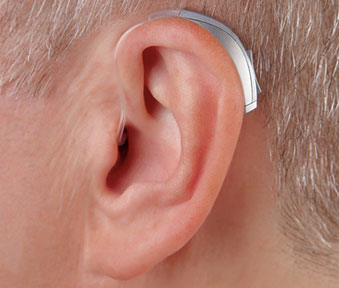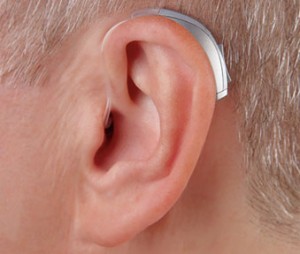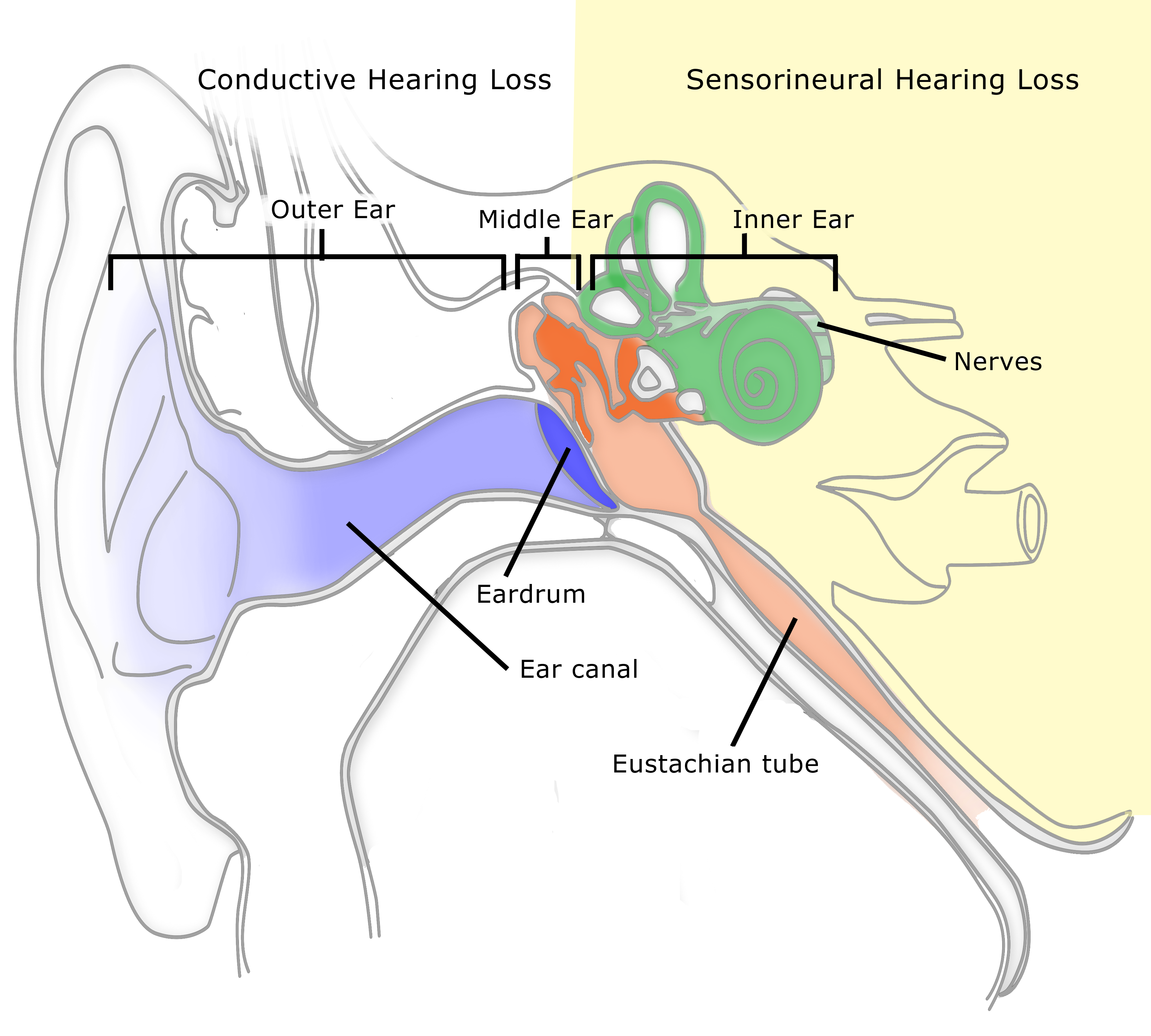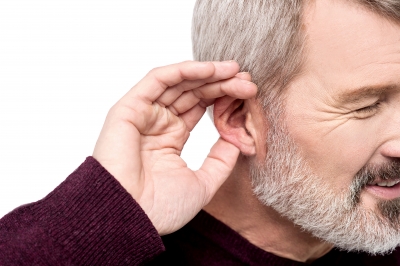Finding Financial Support for Hearing Aids
I’ve talked to many people about the National Hearing Test. One of the most frequent comments I hear is, “Hearing aids are so expensive.” Fortunately, there are ways to help make your purchase a smarter one, as well as several options for assistance in paying.
Q. How can I be sure I spend my money wisely?
A. One of the most crucial aspects of selecting the right hearing aids is open communication with your audiologist. Talk about your hearing test results, your type of hearing loss and what the implications are. Your audiologist wants to help you enjoy the highest quality of life by recommending hearing aids that are appropriate for your hearing loss.
Q. What information should I share with my audiologist to get hearing aids that are right for me?
A. Be sure to tell your audiologist if your lifestyle involves:
- frequently spending time in places with a lot of background noise (restaurants, for example)
- talking on the phone often
- performing or otherwise being involved in music
- hobbies that make demands on your hearing
- a job that puts you in specific listening situations (like large-group presentations or teleconferences)
Your audiologist will consider these factors when helping you select the right hearing aid technology for your lifestyle.
Q. Aren’t there organizations that help pay for hearing aids?
A. Some service organizations, such as the Lions Club and Sertoma, provide financial assistance. Veterans may be eligible for benefits through the Veterans Administration. The Hearing Loss Foundation website has a listing of financial assistance programs; see the website listed below. Many audiologists can provide payment plan options. Another possibility may be applying for a credit program that covers healthcare expenses not covered by insurance, such as Care Credit. Sometimes Medicaid and Medicare may be able to offer one free hearing aid every five years under their health care.
If you receive health care through either, ask if this may be an option for you. In many states, the Department of Rehabilitation Services (sometimes known as Vocational Rehabilitation Services, or the Department for Aging and Rehabilitative Services) may provide assistance for people with disabilities such as hearing loss. Check with your state for services and assistance programs available.
Resources
Lions Club National Headquarters http://www.lionsclubs.org Phone: 630-571-5466
Sertoma National Headquarters http://www.sertoma.org Phone: 816-333-8300
Veterans Administration http://www.myhealth.va.gov
The Hearing Loss Foundation http://www.hearingloss.org/content/financial-assistance-programs-foundations
Care Credit http://www.carecredit.com

























Leave a Reply